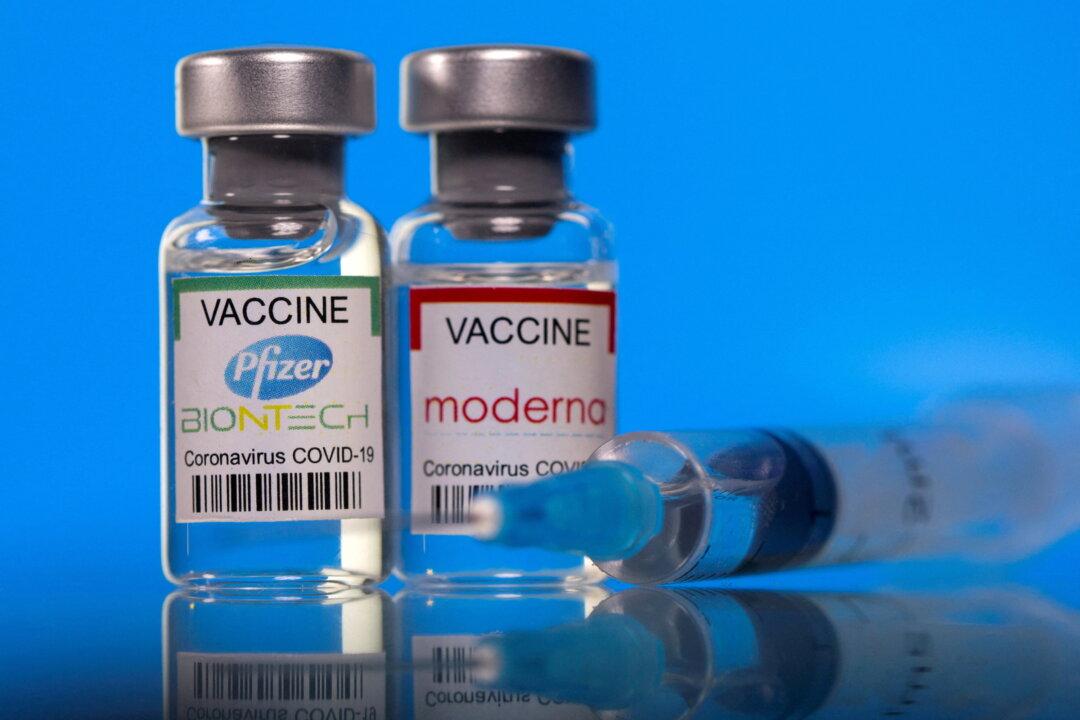The Canadian official with final say on whether or not a vaccine gets approved in the country says there isn’t a threshold on the number of deaths that would cause the removal of a COVID-19 injections from circulation, court documents reveal.
This was the testimony of Dr. Celia Lourenco, director general of the Biologic and Radiopharmaceutical Drugs Directorate within Health Canada’s Health Products and Food Branch, while testifying on behalf of the government and its legal defence of the travel vaccine mandate.





